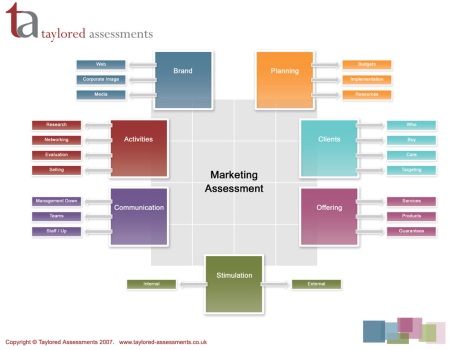I recently attended a marketing networking event. This was a very well organised affair with lots of exhibitors some really interesting speakers and lots of attendees. So why did I feel disappointed when I left.
It is simple everyone was there to SELL and there were very few people interested in the people they were trying to sell to. I’m sure you’ve come across this yourself.
I took time to listen to conversations taking place around me and very rarely heard anybody ask about the person they were talking to. Some people wizzed around the room, starting conversations, then moving on quickly when there was no uptake to their product or service.
One question came to mind – why don’t they try to find out about the person and win their trust before announcing they have the most amazing offer?
I always say there are three reasons people network:-
- One – to raise profile
- two – to learn
- three – to sell
From experience the first two build relationships and sell anyway and the third set don’t take time to get to know anybody and don’t end up selling.
This then reminded me of an article a friend of mine wrote – Dr Zac Bakri – which I’d like to share with you.
“All things being equal, people
will do business with— and refer
business to— those people they
know, like and trust.”
If you’ll approach the Networking process in terms of “giving” to the other person, you’ll develop these relationships faster and more strongly then anyone in the field who is only concerned with “selling.”
And, as you develop the “know you, like you, trust you” relationships with the new people you meet, you’ll find them
anxious to know what you do, how they can become involved, and who else they can tell about it. That’s right – without ever coming on aggressively and/or inappropriately (i.e., hard selling), you’ll quickly and effectively develop a virtual “Army of Personal Walking Ambassadors.” Once you do that, your business will take off, you’ll have fun, make a lot of money, and serve a lot of people.
Here is just one way to reposition the process and make it a lot more fun, a lot less-stressful, and definitely a lot more
profitable.
Whenever you meet someone new and are involved in a one2one conversation, take the focus of yourself and place it on him or her. Invest 99.9 percent of the conversation allowing them to talk mostly about themselves – it’s amazing what you will learn.
Isn’t it true that the people we find most interesting are the people who seem most interested in us? Have you ever been involved in a conversation in which the person let you do practically all the talking? Rarely, I know. But, when you were, didn’t you leave the conversation saying to yourself, “Wow – what a fascinating conversationalist that person was!”
You are now going to be that fascinating conversationalist.
How? Ask questions.
These are questions designed to put your conversation partner at e se, and begin the rapport-building process. These are not intrusive, invasive, or in anyway resembling those of the stereotypical salesperson. (Sorry don’t mean to offend anybody here)
And here are the questions:
Question #1: “How did you get your start in the ‘widget’ business?”
Question #2: “What do you enjoy most about what you do?”
Question #3: “What separates your company from your competition?”
Question #4: “What advice would you give someone just starting in the widget (his or her) business.”
Question #5: “What one thing would you do with your business if you knew you couldn’t fail?”
Question #6: “What significant changes have you seen take place in your profession through the years?”
Question #7: “What do you see as the coming trends in the widget business?
Question #8: “Describe the strangest (or funniest) incident you’ve ever experienced in your business?
Question #9: “What ways have you found to be the most effective f or promoting your business?”
Question #10: “What one sentence would you like people to use in describing the way you do business?”
…and the one “Key” Question that will set you apart from everyone else:
“How can I know if someone I’m speaking to would be a good prospect for you?”
Happy connecting – please share your experiences and any tips you can share with others – we could all do with a bit of help in the current climate!!!
Filed under: Business, Entrepreneur, Marketing, Networking, Sales, Taylored Assessments, Understanding people | 2 Comments »


 What to do when you are quarantined with Swine Flu – whatever that is?? Drs. are classing all cases of flu as the same now, but hey ho there’s good things that come out of bad as they say.
What to do when you are quarantined with Swine Flu – whatever that is?? Drs. are classing all cases of flu as the same now, but hey ho there’s good things that come out of bad as they say.